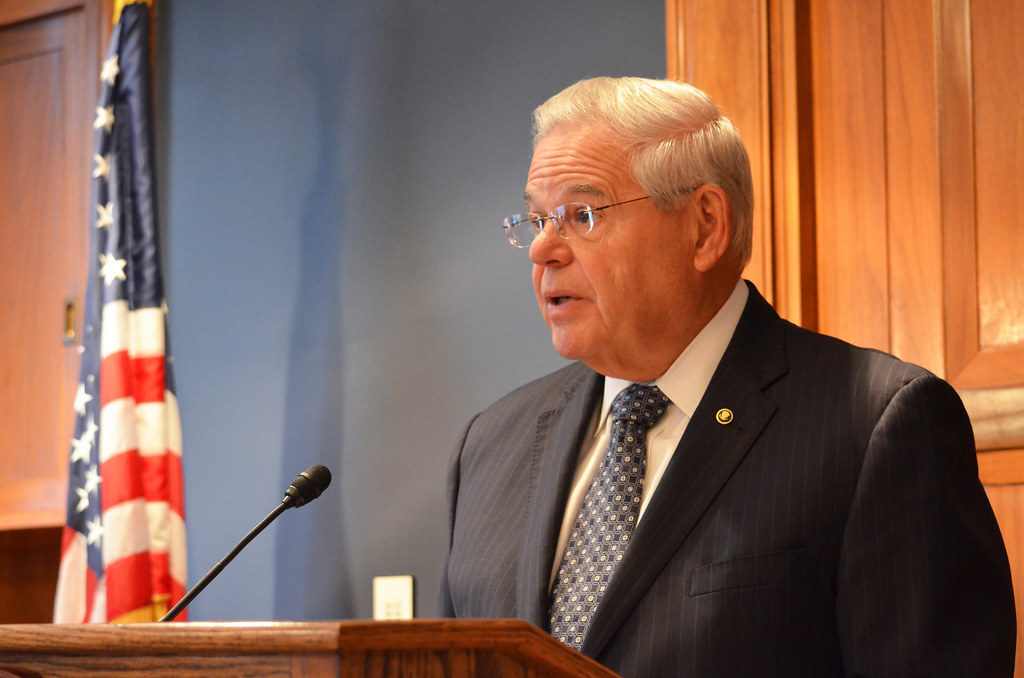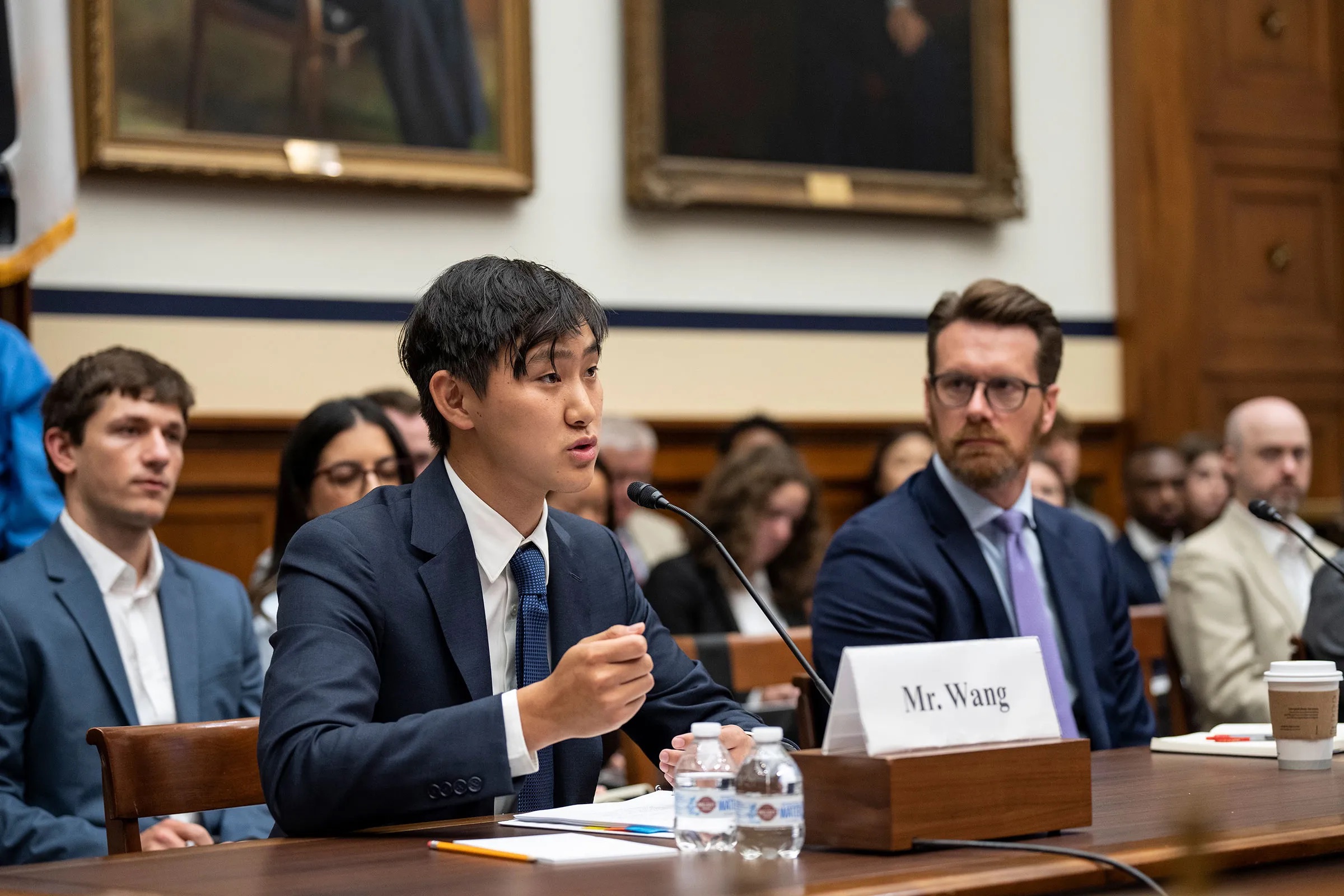Former U.S. Senator Bob Menendez has been convicted on 16 counts of corruption, including charges of abusing his position as a Senate committee leader and serving as a foreign agent. The conviction stems from activities between 2018 and 2022 when Menendez was the chairman of the Senate Foreign Relations Committee. Prosecutors are now seeking a 15-year prison sentence for Menendez, who was found guilty of conspiring with three New Jersey businessmen to engage in illicit activities that undermined U.S. law and foreign relations.
The Evidence Against Menendez
The case against Menendez escalated following an FBI raid on his residence in 2022, which uncovered $150,000 in gold bars and $480,000 in cash. Prosecutors allege that much of the cash was derived from bribes paid by Wael Hana and Fred Daibes, two of the businessmen also convicted alongside Menendez. A third businessman, who pleaded guilty, provided testimony during the trial that implicated Menendez in corrupt dealings.
Prosecutors characterized Menendez’s actions as a serious breach of trust, stating that he “corruptly promised to influence foreign relations, including attempting to pressure a federal agency engaged in diplomatic attempts to protect U.S. businesses from an extractive monopoly granted by a foreign nation to one of his co-conspirators.” They further asserted that he sought to “subvert the rule of law by disrupting multiple felony criminal proceedings.”
The jury found that Menendez had granted a monopoly for certifying meat exports to Egypt from the United States to Hana, a significant conflict of interest given his role in government. This arrangement raised concerns about the integrity of U.S. foreign relations and law enforcement.
In a statement regarding sentencing, Menendez’s defense argued for leniency, suggesting that he is “deserving of mercy because of the penalties already imposed, his age, and the lack of a compelling need to impose a custodial sentence.” However, prosecutors have framed his actions as an extraordinary attempt to corrupt the nation’s core sovereign powers.
As the legal proceedings continue, Menendez is scheduled for sentencing on January 29, where the full extent of his punishment will be determined. The outcome may have far-reaching implications not only for Menendez but also for public trust in government officials and their adherence to ethical standards.
Author’s Opinion
The conviction of Bob Menendez on multiple corruption charges marks a significant moment in American political history, reflecting the ongoing challenges of maintaining integrity within the highest levels of government. This case underscores the vital importance of transparency and accountability in public office, particularly for those entrusted with shaping foreign policy and national security. The severity of the charges and the evidence brought forth during the trial highlight the need for stringent oversight mechanisms to deter and detect such grave misconduct. As the sentencing approaches, the judiciary’s decision will send a crucial message about the consequences of corruption, potentially reinforcing faith in the system’s ability to hold powerful figures accountable. This case could serve as a pivotal reminder of the necessary vigilance required to preserve the principles of democracy and justice in the United States.











